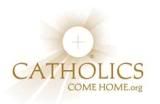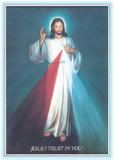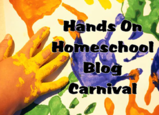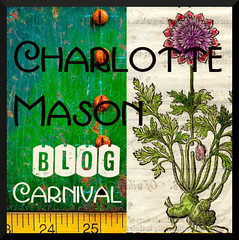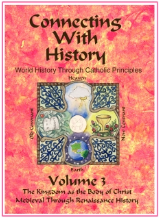I have been very busy over the summer and this fall such that I have not been able to blog, so now that the first term is two-thirds over I guess I will post something about what we are using this year! I am now into our sixth year of homeschooling and finally, finally have I found what works for us
 Religion
Religion: We are continuing using the excellent Faith and Life series, only this year my two older boys are going through the program online. I purchased access through
My Catholic Faith Delivered which not only has the text read aloud to them, it also has a lot of multimedia and interaction to reinforce what they are learning. They very much enjoy working this way.
 Math
Math: This is our third year with the Mathematics Enhancement Programme (M.E.P.), still a free download from the
Centre for Innovation in Mathematics. Ds#3 is about to start Year 2, while Ds#1 and #2 will move up to Year 5 and Year 4 respectively by the start of our next term. We have a lot of living math books as well that the kids are free to read and use, but this is really our focus. The program is truly excellent for teaching math.
 Language Arts
Language Arts: Ds#3 started
Primary Language Lessons from Hillside Education. It's been a slow start for him as he gets up to speed with his reading and penmanship, but he is at the stage where he is progressing rapidly. The program is designed to be covered in a single year, 3rd grade, but I like to go more slowly and cover it in two. I really love how this program prepares my kids for writing. No, this program will not put them on "grade level" with grammar or spelling or vocabulary. But I no longer do any formal spelling since I have found that for some children it comes easily (Ds#2) and for others not so much (Ds#1), and they have best learned spelling through writing. Vocabulary, too, is best learned through reading.
Ds#2 began Intermediate Language Lessons also from
Hillside Education. He brings his writing from this program to a writing class at our co-op and together they have really improved his imagination and narration. Ds#1 is on the third section of this program, and also has a co-op writing class, and he has blossomed into a talented creative writer--and this from the loudest complainer about writing! These boys, they do complain, but eventually they grow into it and this program has helped.

As for grammar, I agree wholeheartedly with the philosophy put forth by
Analytical Grammar, a program we are trying, and liking, this year. They believe, as I do, that grammar is a finite subject that can be learned during the 3 middle school; no year after year of grammar. The program consists of 3 "seasons" or 10 week sessions, one for each year for grades 6th through 8th. The bulk of the grammar is taught in these sessions, one building on another; periodic worksheets keep the information fresh between seasons. I had my doubts that Ds#1 would be able to handle something this intensive and fast-moving. I made a point of giving him my attention as he learned each section. It was rocky at first; now I am quite impressed with how well he parses and diagrams sentences. If he can do it, anyone can do it!
 World History
World History: This is our second year using
Connecting With History from St. George Books. We are using volume II this year, from the Birth of Christ to the Battle of Hastings (1066). Between the books and the activity suggestions, this is how history should be done. While this is a Charlotte Mason approach based on living books, the program is designed like a Classical approach such that you revisit each volume every 4 years, each time moving up another stage. The whole family worked out of the same volume, yet they each read books and so activities for their level. If only such a product was available for American History!
American History: Since we do not have something as great as CWH for this subject, I try my best to set up something similar. I have decided this year that we are going to study early America--American Indians, The Colonies, and People of the Revolution and the Constitution. Our focus will be on biographies rather than events. I used LibraryThing to figure out what books I already have relating to these topics, and then I use the library to fill in anything I may be missing.
You can see what we are doing for Science and Nature on my two other blogs,
At Home Science and
A Private Eye Nature. More about co-op, Charlotte Mason, and learning to come!






